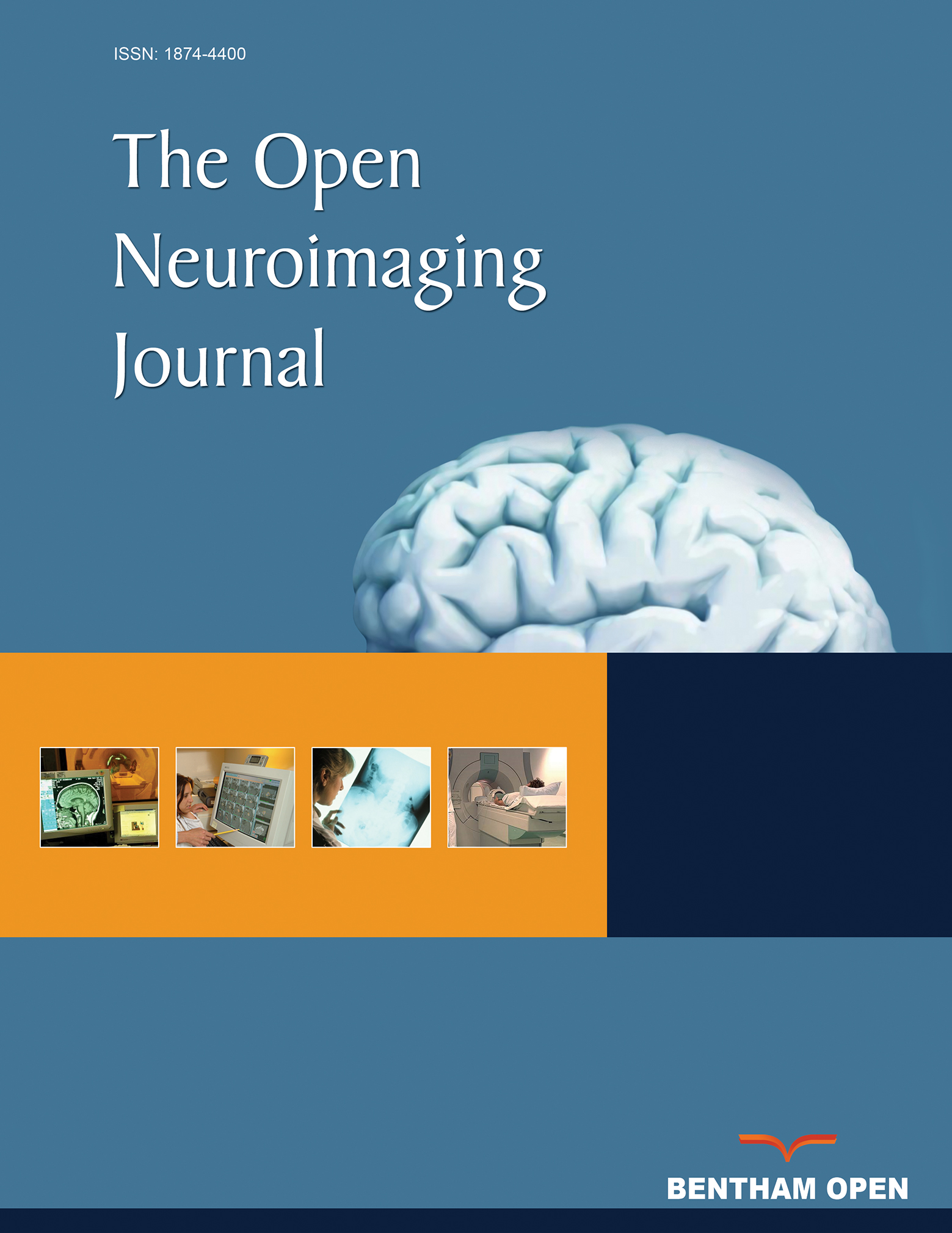All published articles of this journal are available on ScienceDirect.
A Functional MRI-Based Model for Individual Memory Assessment in Patients Eligible for Anterior Temporal Lobe Resection
Abstract
Title:
A functional (f) MRI-based model for individual memory assessment in patients eligible for temporal lobe resection.
Aim:
To investigate if pre-operative fMRI memory paradigms, add predictive information with regard to post-surgical memory deficits.
Methods:
Fourteen pharmacoresistant Temporal Lobe Epilepsy (TLE) patients accepted for Anterior Temporal Lobe Resection (ATLR) were included. A clinical risk assessment score (RAS 0-3) was constructed from structural MRI, neuropsychological testing and hemisphere dominance. fMRI lateralization indices (LIs) over frontal language and medial temporal regions were calculated. Predictive value from clinical risk scoring and added value from fMRI LIs were correlated to post-surgical memory change scores (significant decline -1 SD). Verbal memory outcome was classified either as expected (RAS 2-3 and post-operative decline; RAS 0-1 and intact post-operative verbal memory) or as unexpected (RAS 2-3 and intact post-operative verbal memory post-surgery; RAS 0-1 and post-operative decline).
Results:
RAS for verbal memory decline exhibited a specificity of 67% and a sensitivity of 75%. Significant correlations were found between frontal language LIs and post-operative verbal memory (r = -0.802; p = 0.017) for left (L) TLE and between medial temporal lobe LIs and visuospatial memory (r = 0.829; p = 0.021), as well as verbal memory (r = 0.714; p = 0.055) for right (R) TLE. Ten patients had expected outcome and four patients had an unexpected outcome. In two MRI-negative RTLE patients that suffered significant verbal memory decline post-operatively, fMRI identified bilateral language and right lateralized medial temporal verbal encoding. In two LTLE patients with MRI pathology and verbal memory dysfunction, neither RAS nor fMRI identified the risk for aggravated verbal memory decline following ATLR.
Conclusion:
fMRI visualization of temporal-frontal network activation may add value to the pre-surgical work-up in epilepsy patients eligible for ATLR. Frontal language patterns are important for prediction in both L and RTLE. Strong left lateralized language in LTLE, as well as bilateral language combined with right lateralized encoding in RTLE, seems to indicate an increased risk for post-operative verbal memory decline.


